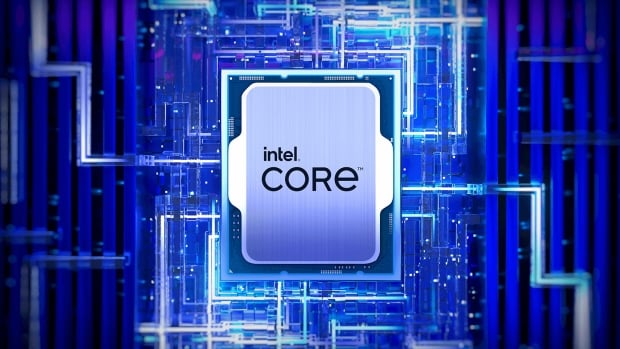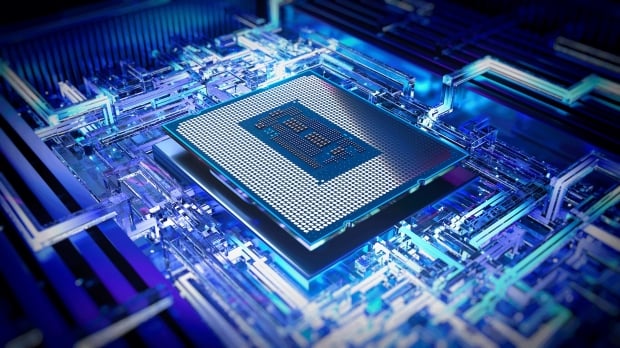Intel has shared a new update on the instability issues plaguing its 13th-gen and 14th-gen processors, soothing the doubts of those who are paranoid that Arrow Lake might suffer from the same problems - and Lunar Lake laptop CPUs get a clean bill of health, too.

Arrow Lake is in the clear, and we can expect another update on the instability issues at the end of September (Image Credit: Intel)
The new statement from Intel spokesperson Thomas Hannaford relates to the "Vmin Shift Instability issue investigation," pinned down as a root cause of the mentioned stability woes (though not, we should note, necessarily the sole root cause).
At any rate, we're told in no uncertain terms that:
"Intel confirms that its next generation of processors, codenamed Arrow Lake and Lunar Lake, are not affected by the Vmin Shift Instability issue due to the new architectures powering both product families. Intel will ensure future product families are protected against the Vmin Shift Instability issue as well."
Intel then clarifies which processors from its currently available ranges aren't affected by this problem.
That includes any 12th-gen chip (Alder Lake), and also non-K model Core i5 processors from the 13th-gen and 14th-gen families, and all Core i3 models. Again, Intel tells us that mobile CPUs of the 13th-gen and 14th-gen variety aren't affected by the instability problems, and that includes the top-end HX processors that some folks were concerned about.
Intel makes it clear that Xeon server and workstation CPUs, and Meteor Lake processors for laptops aren't hit either.
The investigation Intel is conducting is still ongoing, and we're told to expect a further update from Team Blue on this matter at the end of September.
Meanwhile, Intel recommends that those with 13th-gen and 14th-gen CPUs update to the latest BIOS for their motherboard, and use the previously recommended Intel Default Settings for their chip.
Read more: AMD's APUs rumored to be sticking with RDNA 3+ integrated GPUs until 2027 - at least



